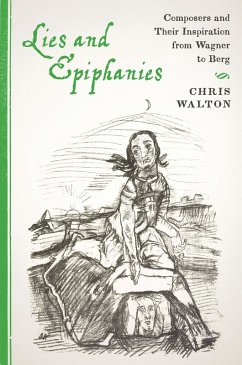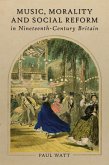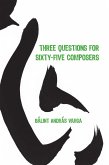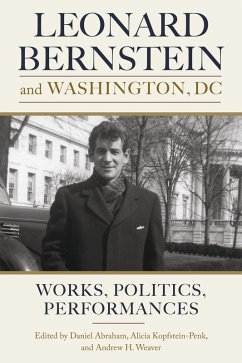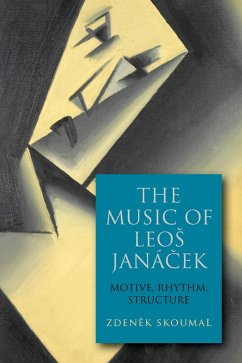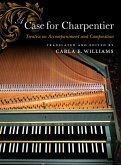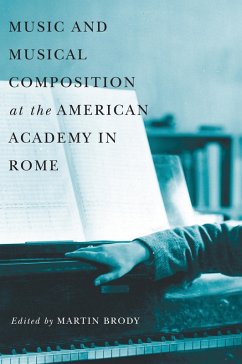Presents case studies of "inspiration" in five composers -- Wagner, Mahler, Furtwängler, R. Strauss, and Berg -- examining how the supposedly extrarational world of creative inspiration intersects with the highly rational world ofmoney and politics.
Lies and Epiphanies offers case studies of "inspiration" in five composers -- Richard Wagner, Gustav Mahler, Wilhelm Furtwängler, Richard Strauss, and Alban Berg. Their own tales of their epiphanies played a determining role in the reception history of their works: the finale of Mahler's Second Symphony was supposedly born of a "lightning bolt" of inspiration at the funeral of Hans von Bülow, while Alban Berg's Violin Concerto was purportedly his direct response to the tragic early death of Alma Mahler's daughter.
Chris Walton looks behind these tales to explore instead the composer's dual role as author and self-commentator, laying bare the fissures and inconsistencieswithin these artists' testimonies and revealing how the putatively extrarational world of creative inspiration intersects with the highly rational world of money and politics. As Walton points out, the composer often imposes on the audience an interpretation of a work and its genesis that is as superficial as the score itself is not. This study seeks to show why.
Chris Walton teaches music history at the Basel University of Music in Switzerland.He is the author of Othmar Schoeck: Life and Works (University of Rochester Press, 2009) and Richard Wagner's Zurich: The Muse of Place (Camden House, 2007).
Lies and Epiphanies offers case studies of "inspiration" in five composers -- Richard Wagner, Gustav Mahler, Wilhelm Furtwängler, Richard Strauss, and Alban Berg. Their own tales of their epiphanies played a determining role in the reception history of their works: the finale of Mahler's Second Symphony was supposedly born of a "lightning bolt" of inspiration at the funeral of Hans von Bülow, while Alban Berg's Violin Concerto was purportedly his direct response to the tragic early death of Alma Mahler's daughter.
Chris Walton looks behind these tales to explore instead the composer's dual role as author and self-commentator, laying bare the fissures and inconsistencieswithin these artists' testimonies and revealing how the putatively extrarational world of creative inspiration intersects with the highly rational world of money and politics. As Walton points out, the composer often imposes on the audience an interpretation of a work and its genesis that is as superficial as the score itself is not. This study seeks to show why.
Chris Walton teaches music history at the Basel University of Music in Switzerland.He is the author of Othmar Schoeck: Life and Works (University of Rochester Press, 2009) and Richard Wagner's Zurich: The Muse of Place (Camden House, 2007).
Dieser Download kann aus rechtlichen Gründen nur mit Rechnungsadresse in A, D ausgeliefert werden.

